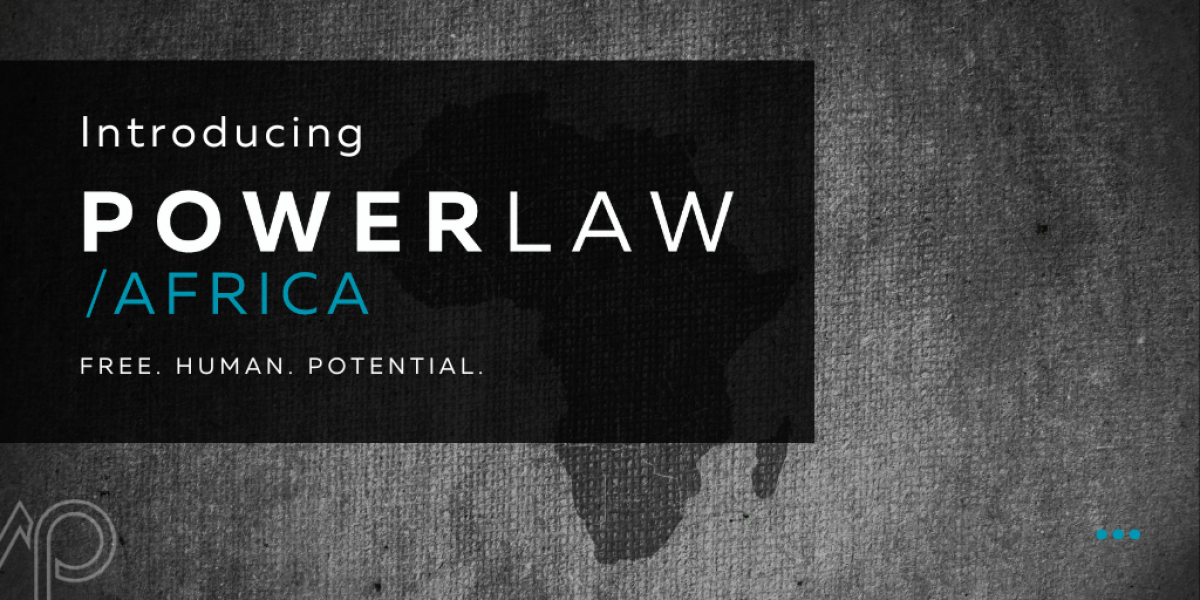UN: Latest report finds major shortfall in financing and action on climate adaptation
On 2 November 2023, the United Nations Environment Programme (UNEP) launched its annual Adaptation Gap Report, the latest edition in UNEP’s ongoing assessment of global progress towards adaptation in response to climate change. This latest report finds a worrying lag in progress on climate adaptation across finance, planning, and implementation, despite record temperatures in 2023 and devastating extreme weather events in many parts of the world.
The Adaptation Gap Report, titled Underfinanced. Underprepared., contains five chapters setting out the political and scientific context, global progress in adaptation planning and implementation, the adaptation finance gap, and loss and damage.
The headline findings include:
- Developing countries need 10-18 times more financing for climate change adaptation than the international community currently provides.
- As the need for adaptation finance grows and existing financing falters, the current gap in adaptation finance is now estimated at USD194-366 billion a year. The updated adaptation costs for developing countries are estimated to be USD215-USD387 billion a year until 2030, rising significantly by 2050.
- Planning and implementation for adaptation appear to be plateauing despite the increased need for adaptation actions. While five out of six countries now have at least one adaptation planning instrument, progress to reach full global coverage is slowing and requires greater support.
- As a result of slow mitigation and adaptation, climate-related losses and damages are increasing. A recent study indicates that the 55 most climate-vulnerable economies alone have already faced more than USD500 billion in losses and damages in the last two decades.
While this paints a grim picture for global progress in climate adaptation, the report highlights opportunities and solutions in addressing these challenges, including findings that:
- Investing now in adaptation and mitigation measures will minimise costs in the future. For example, studies show that every USD1 billion invested in adaptation against coastal flooding may avoid up to USD14 billion in future economic damages.
- Finding innovative ways to deliver climate finance to increase adaptation is essential. The Adaptation Gap Report identifies seven ways to increase financing, including through domestic expenditure, international and private sector finance, and reforming the global financial architecture.
The Adaptation Gap Report comes less than a month before the 28th Conference of the Parties under the United Nations Framework Convention on Climate Change (COP28) which is scheduled to take place in Dubai from 30 November to 12 December 2023. One of the key agenda items is the first Global Stocktake to assess collective progress towards achieving the purpose of the Paris Agreement and its long-term mitigation and adaptation goals. UNEP will release its annual Emissions Gap Report (mitigation) on 20 November 2023, ahead of the COP28 negotiations.
The full Adaptation Gap Report, executive summary, key messages, and a collection of 11 case studies, are available here.
This advisory note was prepared as part of our partner organisation ALT Advisory’s new Climate Justice & Sustainability Practice (CJS). With an emphasis on implementation, monitoring, and impact reporting, CJS aims to build climate-resilience through digital transformation and climate and environmental justice. Find out more here.
Please note: The information contained in this note is for general guidance on matters of interest, and does not constitute legal advice. For any enquiries, please contact us at connect@powerlaw.africa.





